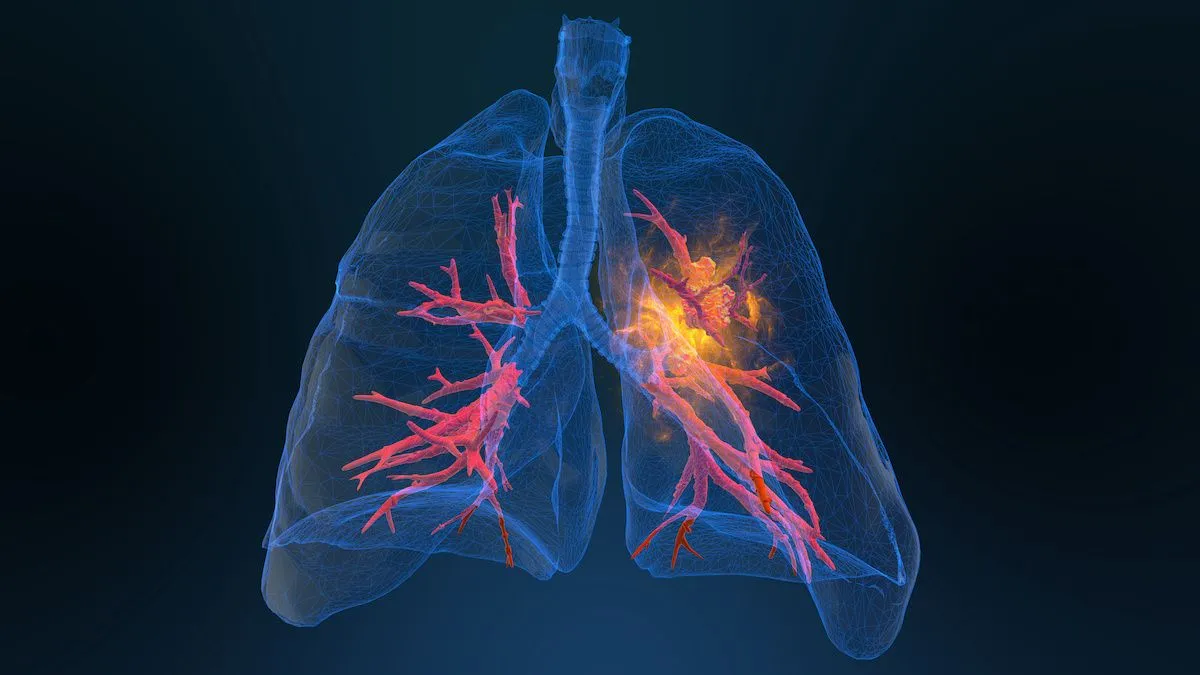Ivonescimab's Superior Efficacy in NSCLC Treatment Revealed at 2024 World Conference

Innovative Treatment Findings in Non-Small Cell Lung Cancer
During the 2024 World Conference on Lung Cancer, groundbreaking results from the HARMONi-2 trial were presented, showcasing ivonescimab, a novel bispecific antibody that targets PD-1 and VEGF, as a promising treatment for advanced non-small cell lung cancer (NSCLC). The trial compared ivonescimab with pembrolizumab among patients who had previously received no systemic therapy.
Trial Overview and Results
The study included patients suffering from stage IIIB to IV advanced NSCLC, all of whom had a PD-L1 tumor score of at least 1%. Participants were administered either 20 mg/kg of ivonescimab or 200 mg of pembrolizumab every three weeks for up to 24 months. The primary endpoint evaluated was progression-free survival (PFS) using RECIST 1.1 criteria.
- The results indicated a median PFS of 11.14 months for ivonescimab versus 5.82 months for pembrolizumab.
- The hazard ratio was recorded at 0.51, displaying statistical significance (P < .0001).
- Overall response rates and disease control rates were also higher for ivonescimab.
Expert Insights and Implications
Dr. John Heymach from MD Anderson Cancer Center emphasized the potential disruption these findings could bring to the current treatment paradigm of NSCLC, which has largely adhered to pembrolizumab since its approval in 2016. He introduced questions about the need for new treatment options.
- Could ivonescimab signal a new era for patients with NSCLC?
- What are the implications of these results on future treatment strategies?
While pembrolizumab maintained its efficacy, concerns were raised about the study's limitations and participant demographics. However, the consistent benefits across various subgroups highlighted the need for further exploration and validation of ivonescimab's effects.
Disclaimer: The information provided on this site is for informational purposes only and is not intended as medical advice. We are not responsible for any actions taken based on the content of this site. Always consult a qualified healthcare provider for medical advice, diagnosis, and treatment. We source our news from reputable sources and provide links to the original articles. We do not endorse or assume responsibility for the accuracy of the information contained in external sources.
This article was prepared using information from open sources in accordance with the principles of Ethical Policy. The editorial team is not responsible for absolute accuracy, as it relies on data from the sources referenced.